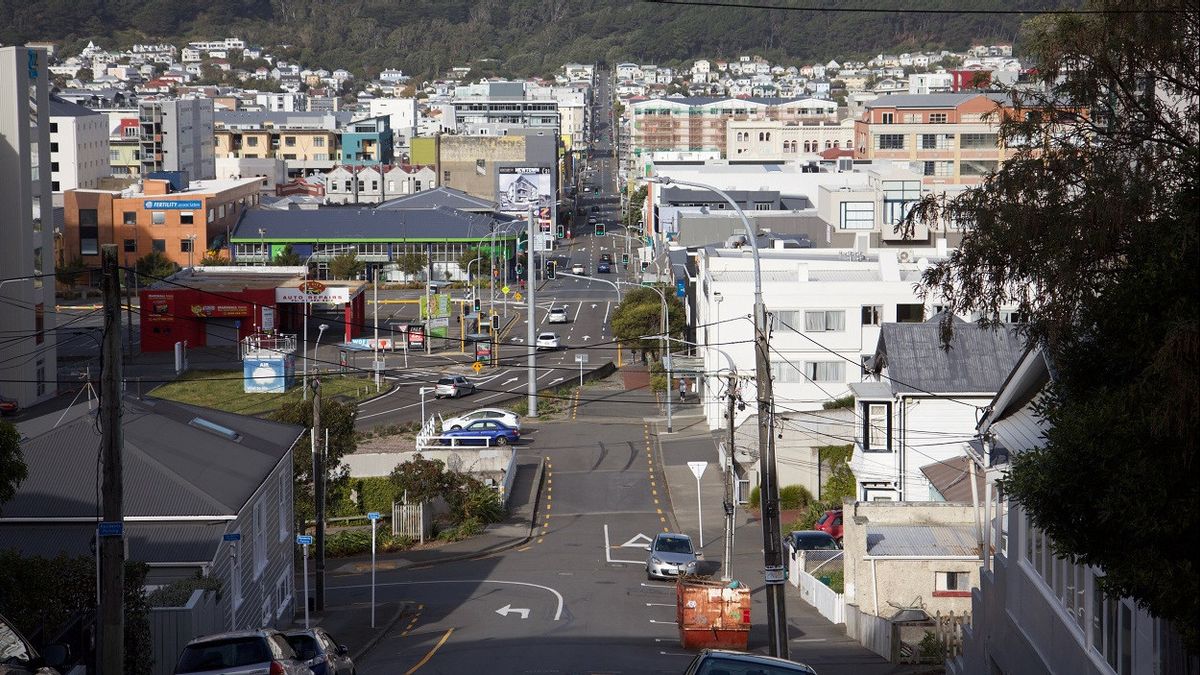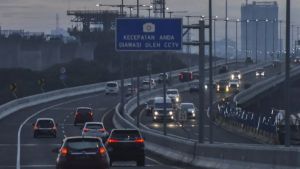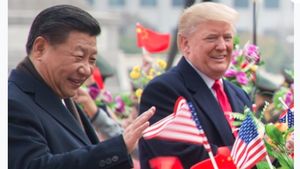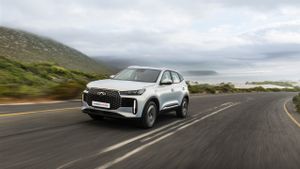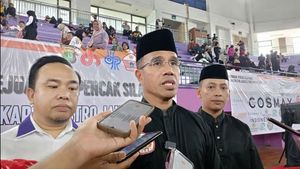JAKARTA - New Zealand on Monday abandoned its old strategy of eliminating coronavirus cases amid the Delta's persistent outbreak, and is instead preparing to live with the virus while controlling its spread, as vaccination rates rise.
The Pacific nation was among a handful of countries that brought COVID-19 cases down to zero last year, mostly remaining virus-free until an outbreak of the highly contagious Delta variant in mid-August hit the country.
"With this outbreak and the Delta variant, going back to zero is very difficult," Prime Minister Jacinda Ardern told a news conference in a major policy shift.
"This is a change in approach that we will always make from time to time. The outbreak of our Delta variant has accelerated this transition. Vaccines will support it."
PM Ardern said the lockdown affecting 1.7 million people in Auckland's biggest city would be eased gradually, with some freedoms introduced from Wednesday.
The change in direction came as the country recorded 29 new COVID-19 cases on Monday, bringing the total number in the current outbreak to 1,357. Most of the cases are in Auckland, which has been under lockdown for nearly 50 days.
Amid mounting pressure, PM Ardern said her strategy was never to have zero cases, but to aggressively stamp out the virus. He said the strict lockdown would end once 90 percent of the eligible population was vaccinated.

So far, around two million New Zealanders have received the full dose of the COVID-19 vaccine, or the equivalent of 48 percent of the total population eligible for vaccination.
On the same occasion, PM Ardern said the Delta variant felt like a 'very hard tentacle to shake'.
"Obviously the long period of weight restriction didn't get us to zero cases. But that's okay, elimination is important because we don't have vaccinations. Now we do. So we can start changing the way we do things."
People in Auckland will be able to leave their homes to connect with loved ones outdoors from Wednesday, with a 10-person limit and head to the beach and parks.
PM Ardern used New Zealand's strict lockdown and geographic isolation to eliminate the coronavirus last year, a feat that helped her secure a historic election victory.
However, sluggish vaccine rollouts and continued outbreaks of the Delta variant this year have undermined the popularity of last year's success. Aucklanders have also taken to social media to express their views on PM Ardern's decision.
"I think if we were at 1-2 unrelated cases a day and or no infection in the community and no spread outside Auckland (and higher vaccinations) I would be cheering now," one Auckland resident said on Twitter. .
Separately, University of Auckland Professor Shaun Hendy, who has modeled the spread of COVID-19, said the new freedoms would likely lead to a greater spread and higher number of cases in the coming weeks.
"The government will expect any resulting case growth to be slow enough, so that vaccinations can preempt the outbreak, before putting significant pressure on our testing and tracing system, not to mention our hospitals," explains Professor Hendy.
Prime Minister Jacinda Ardern's decision regarding changes to the handling of COVID-19 has come under fire from both the coalition partners and the opposition.
"Jacinda Ardern has no answers to the problems she and her government promised us that the situation is now, very clearly, out of control and deteriorating every day," National Opposition Party leader Judith Collins said in a statement.
Meanwhile, Ardern's Labor coalition partner Greens said the move was putting vulnerable communities and children at risk.
The English, Chinese, Japanese, Arabic, and French versions are automatically generated by the AI. So there may still be inaccuracies in translating, please always see Indonesian as our main language. (system supported by DigitalSiber.id)
